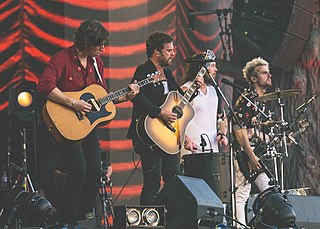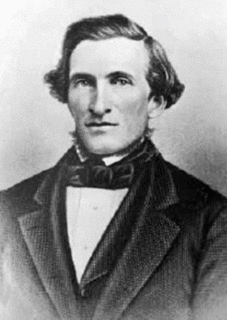A Quote by Richard Hooker
God is no captious sophister, eager to trip us up whenever we say amiss, but a courteous tutor, ready to amend what, in our weakness or our ignorance, we say ill, and to make the most of what we say aright.
Related Quotes
And I saw that truly nothing happens by accident or luck, but everything by God's wise providence. If it seems to be accident or luck from our point of view, our blindness and lack of foreknowledge is the cause; for matters that have been in God's foreseeing wisdom since before time began befall us suddenly, all unawares; and so in our blindness and ignorance we say that this is accident or luck, but to our Lord God it is not so.
A friend is more than a therapist or confessor, even though a friend can sometimes heal us and offer us God's forgiveness. A friend is that other person with whom we can share our solitude, our silence, and our prayer. A friend is that other person with whom we can look at a tree and say, "Isn't that beautiful," or sit on the beach and silently watch the sun disappear under the horizon. With a friend we don't have to say or do something special. With a friend we can be still and know that God is there with both of us.
I am constantly concerned about being quoted in the press and perhaps saying the wrong thing or having what I say misinterpreted and bringing reproach to the name of Christ. People do not come to hear what Billy Graham has to say; they want to hear what God has to say. Jesus tells us not to be misled by the voices of strangers. There are so many strange voices being heard in the religious world of our day. We must compare what they say with the Word of God.
What would a man of God say, who felt aright, when Joseph asked him for his money? He would say, 'Yes, and I wish I had more to help to build up the Kingdom of God.' Or if he came and said 'I want your wife?' 'O Yes,' he would say, 'here she is, there are plenty more.' ... Did the Prophet Joseph want every man's wife he asked for? He did not... If such a man of God should come to me and say, 'I want your gold and silver, or your wives,' I should say, 'Here they are, I wish I had more to give you, take all I have got.'
The role of the writer is not to say what we can all say, but what we are unable to say. Most of the writing today which is called fiction contains such a poverty of language, such triteness, that it is a shrunken, diminished world we enter, poorer and more formless than the poorest cripple deprived of ears and eyes and tongue. The writer's responsibility is to increase, develop our senses, expand our vision, heighten our awareness and enrich our articulateness.
Is there a wrong way to say "I don't know"? Yes. When we declare ignorance, it should be a) honest and b) in the spirit of opening ourselves up to hearing, to learning, to receiving. When we say "I don't know" under these conditions, the words can forge connection, healing, growth. But when we resist or disavow knowledge, when we profess ignorance as a way of donning armor and evading accountability, then we make a mockery of those words, and we rupture connections not only with others but within ourselves, within our souls.
I feel most spiritual when I'm out in the woods. I feel part of nature. Or looking up at the stars. [I used to say] I was an atheist. Now I say, it's all according to your definition of God. According to my definition of God, I'm not an atheist. Because I think God is everything. Whenever I open my eyes I'm looking at God.






































